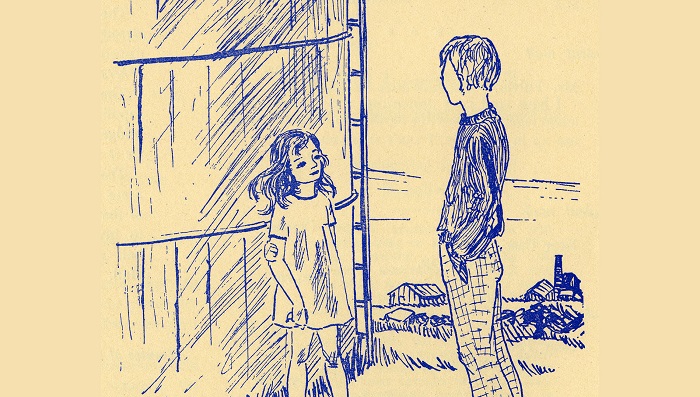The Ink Truck, 1954-2000, Undated 2.1 cubic ft.
Contains materials about Kennedy's first novel The Ink Truck, initially published in 1969 and then re-issued in 1984 following his success with Ironweed and his receiving the MacArthur Foundation's Genius Award. The novel details the last days of an unsuccessful newspaper strike and is very loosely based on Kennedy's experiences during a newspaper strike in Albany in the mid-1960s. The series includes multiple manuscript drafts, author's notes, book reviews, galleys, publisher agreements and correspondence, and advertising. Please note that the overall series dates are not inclusive.
